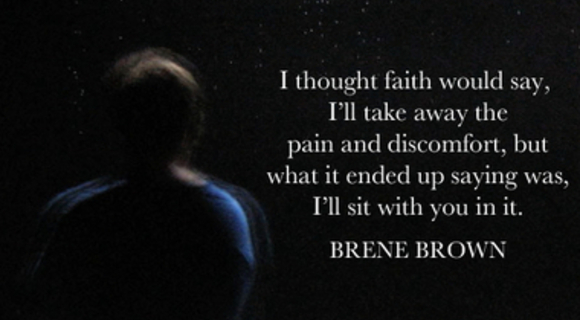Not long after we moved into our first house my wife and I got a dog. Riley was a free puppy found via a classified ad in the local newspaper. He was a German Shepherd-Rottweiler mix and a very sturdy mutt. The puppy grew into a confident dog, who was protective without being aggressive, and easy to train. And the perfect dog for children to grow up with.

Along with raising Riley we rescued a Doberman-something mix that some idiot had tried to train as a guard dog. Duchess was most likely tied up and abused, which left her a quivering wreck. Fortunately, Riley helped re-socialize her to people.
Best dog ever.
As it happens, dogs and people probably have been socializing each other for well over 20,000 years. There are theories on how this started but nobody really knows. Dogs could have reasonably started out as wolves rooting around in the discarded bones from our kills, and at some point, we quit driving off the ones that were less aggressive. Thereafter the first midnight snarl at a larger predator prowling about would have made the benefits of having them around readily apparent.
The wolf packs from whence dogs originated are highly cooperative affairs. It doesn’t seem like it would take very many generations of favoring less dominant individuals to tip the balance from cooperation with wolves toward cooperation with us. And domestication would be off and running. In the millennia since dogs have become thoroughly attuned to our behavioral cues and emotions. We’ve adapted to them as well, with some variation among cultures concerning how we think about them. Horse are another animal that has become attuned to us. But I digress.
I was very attached to Riley. When his lower spine gave out at around twelve years old I had a very difficult time. After the euthanasia by the veterinarian I could not bring myself to even think about another dog. Later, when Duchess passed, that was that. The children, however, had other ideas. The girls picked out a prospective litter in the newspaper and went with their mother to a local farm. And brought home Maggie.
The new puppy was a little pistol. She was malamute – border collie mix, very smart, very busy, and very strong-willed. She destroyed at least one pair of my son’s pants by sinking tiny needle teeth into the cuffs and tugging. Which she did while he was attempting to walk in them. We needed professional help with training and enrolled Maggie in a local obedience program at six months old. The classes got the family and the dog on the same page and thereafter we had another excellent family dog.

I am serious when I describe her as intelligent. Like most dogs she loved to ride in cars. Except that Maggie learned the difference between “ride in the car” and “ride in the truck,” and would wait at the rear of the correct vehicle. She was also an escape artist. Fences a challenge to solve, and not necessarily a barrier. The dog didn’t wander off when free. She just wanted out. One family vacation we boarded her at my sister’s place which had a fenced yard, and Maggie figured out how to open the gate. When my sister got home, Maggie was waiting outside the fence. Her own dogs were nowhere to be seen and fortunately wandered home some hours later.
Maggie was also one of those dogs that was extremely possessive about things like food and bones. We did some work fairly early on to ensure a family member could remove those without getting snapped at. But a couple of years ago some kittens joined the household and we watched in horror as Maggie picked up a kitten who was nibbling at the contents of the dog dish. And gently tossed it away from the bowl, with no injury whatsoever to the kitten.
Best dog ever.
She was almost ten when she got sick, just after New Year’s Day. It was most likely a cancer. She was not in pain but couldn’t keep regular dog food down. After five months of vet visits and home-made dog food concoctions, she finally stopped drinking water and got too weak to stand. I really, really, miss that dog. Sometimes I still do. I can still picture her in the back yard, sniffing the wind. But this time was different. I wanted another dog.
With the children grown and (mostly) moved out I was on my own at the beginning of this past summer to search for another dog. It was a bit of work. The newspaper classifieds have mostly disappeared in the last decade, along with most of the free puppies from litters. It seems like everybody online is trying to make a buck raising and selling dogs.
The new dog was a three-year-old male from the local animal shelter. My long-suffering wife came along to help pick one. This was mostly out of self-preservation, so I wouldn’t come home with the first dog that caught my eye. Which happened to be an Australian Cattle Dog. That breed needs a lot of activity. It helps if the owners are runners. We’re not. So, what we came home with was Kona, another Rottweiler mix.

Kona loves to bring back balls, and is fast. The ideal exercise for him is a rubber lacrosse ball, thrown fifty to seventy-five yards with a launcher. He tires after about a dozen throws and walks home with the ball in his mouth, slobbering all the way. He’s very affectionate, more so than any dog I’ve had, and will climb up in your lap if you let him.
He’s not quite the Einstein that Maggie was. He barks at reflections in the windows after dark. But I really like this silly guy.
Best dog ever.




















You must be logged in to post a comment.